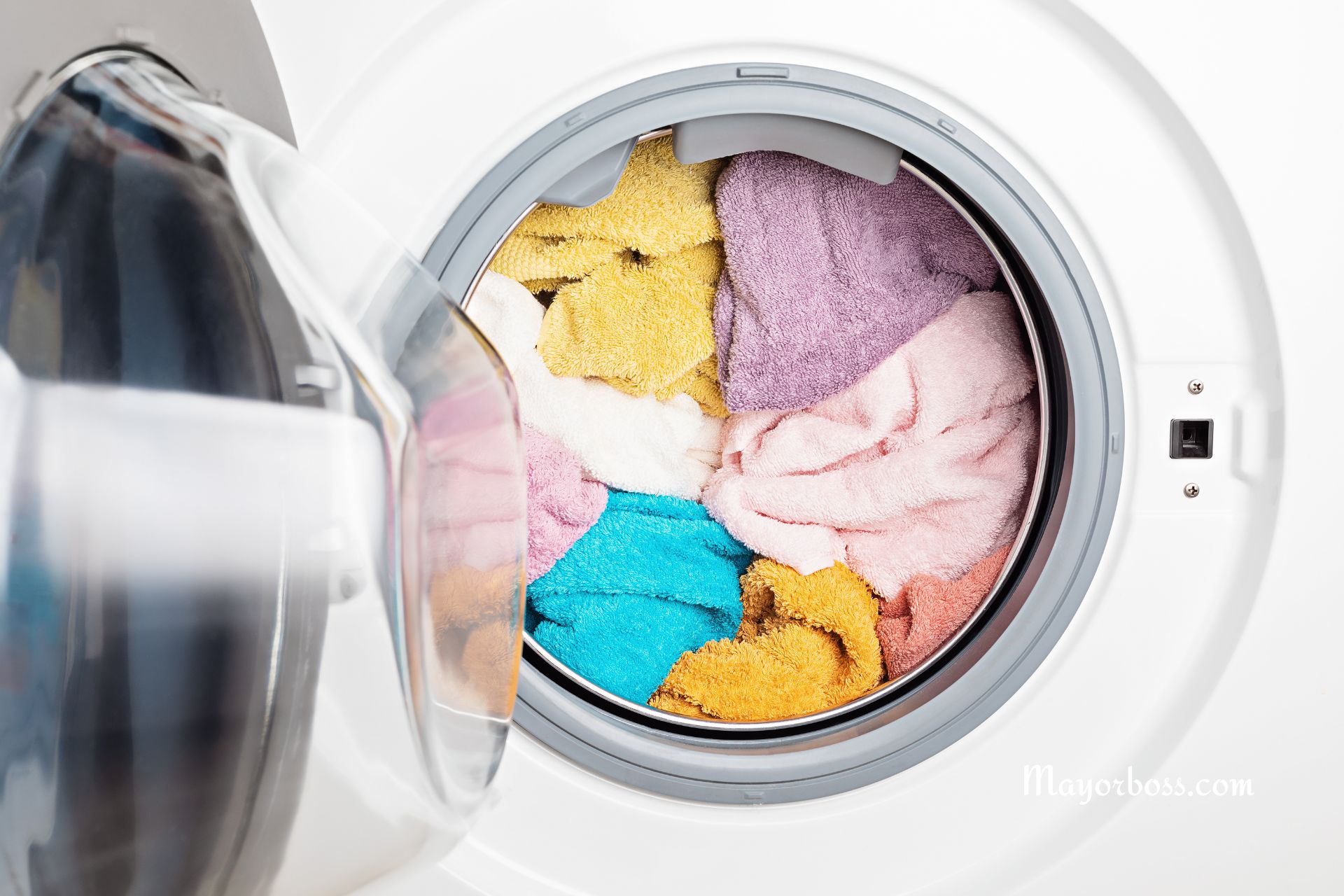E. Coli in Your Towel: This is Why You Need to Wash Them More Often

Do you ever wonder how clean your towels really are after you use them? Even though they might look clean, towels can be a breeding ground for bacteria like E. coli. Yes, you heard it right. The same E. coli that is often talked about in relation to food poisoning can also thrive in the damp, warm environment of your used towels. Here is why it’s crucial to wash your towels more frequently and how you can keep them from becoming a health hazard.
What is E. Coli?
E. coli, or Escherichia coli, is a type of bacteria generally found in the intestines of humans and animals. While many strains are harmless, others can cause serious food poisoning and infections. You often hear about E. coli outbreaks in the context of contaminated food, but these bacteria can also spread through other means, including household items like towels.
How Do Towels Get Contaminated?
Towels can serve as breeding grounds for bacteria for several reasons. Firstly, they are often damp and left in warm environments, such as bathrooms, which are ideal conditions for bacterial growth. Secondly, when you use a towel, you transfer natural skin bacteria, and potentially harmful ones, onto the fabric.
Moreover, if towels are used after handling raw foods or by someone who is ill, the risk of contamination increases. Even towels that just hang in your bathroom can collect bacteria from the air and from being touched by hands that aren’t completely clean.
The Risks of E. Coli
Having E. coli on your towels isn’t just an unsettling thought; it poses real health risks. These bacteria can cause various symptoms, from mild to severe, including:
- Diarrhea, potentially bloody
- Abdominal cramping
- Nausea and vomiting
- Fever, in some cases
People with weakened immune systems, elderly individuals, young children, and pregnant women are especially at risk of severe symptoms.
Best Practices for Towel Hygiene
Wash Towels Regularly
You should wash your bath towels at least once a week or more often if they become soiled. Hand towels, which are used more frequently, need to be washed every two to three days. Following this routine can significantly reduce the buildup of bacteria.
Use Hot Water
Washing your towels in hot water is effective in killing bacteria. Aim for a water temperature of around 60 degrees Celsius (140 degrees Fahrenheit). Using a good quality detergent also helps eliminate bacteria and ensures your towels are clean and fresh.
Dry Thoroughly
After washing, make sure your towels are dried thoroughly. Bacteria thrive on moisture, so hanging your towels out to dry in the sun or using a hot setting on your dryer can prevent bacterial growth.
Keep Towels Separate
To avoid cross-contamination, keep towels used in the kitchen separate from those used in the bathroom. Also, ensure that everyone in your household uses their own bath towel.
Frequently Asked Questions
How often should I really be washing my towels?
To keep your towels free from harmful bacteria like E. coli, wash your bath towels at least once per week and hand towels every two to three days.
Can E. coli survive in the washing machine?
E. coli can survive through a wash if the water isn’t hot enough. To effectively kill E. coli and other bacteria, use a water temperature of about 60 degrees Celsius (140 degrees Fahrenheit).
What should I do if my towel smells musty even after washing?
Musty odors can be a sign of lingering bacteria. Re-wash your towel using hot water with a cup of white vinegar in the wash cycle, followed by a normal rinse cycle with detergent. This method helps remove odors and disinfect the fabric.
